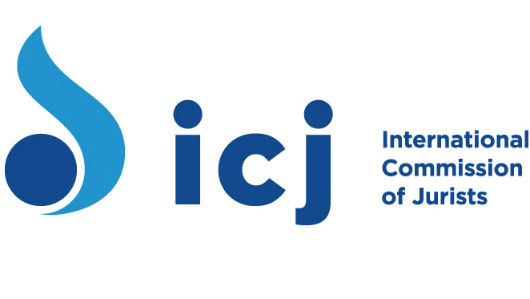Maldives urged to ‘end arbitrary actions targeting judges’
The International Commission of Jurists condemned today “arbitrary and politically motivated actions against judges” in the Maldives, shining the spotlight on the arrest of a magistrate judge and the abrupt transfer of two top judges in the past year.

21 Mar 2016, 09:00
The International Commission of Jurists condemned today “arbitrary and politically motivated actions against judges” in the Maldives, shining the spotlight on the arrest of a magistrate judge and the abrupt transfer of two others in the past year.
Magistrate Judge Ahmed Nihan’s arrest on a charge of forging an arrest warrant against President Abdulla Yameen, the reassignment of Criminal Court Chief Judge Judge Abdulla Mohamed, and the sudden demotion of High Court Judge Azmiralda Zahir last year were listed as issues that undermine judicial independence.
“The government must immediately stop targeting judges and other public officials with arbitrary criminal proceedings, threats, intimidation and harassment,” said Nikhil Narayan, ICJ’s senior legal advisor for South Asia, in a statement.
Narayan, who visited the Maldives in February, said the ICJ was dismayed to see that the Maldives government has “continued to erode the rule of law and weaken the independence of the judiciary.”
Become a member
Get full access to our archive and personalise your experience.
Already a member?
Discussion
No comments yet. Be the first to share your thoughts!
No comments yet. Be the first to join the conversation!
Join the Conversation
Sign in to share your thoughts under an alias and take part in the discussion. Independent journalism thrives on open, respectful debate — your voice matters.




